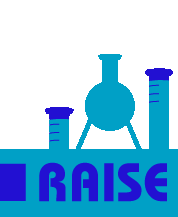Who? What? When? Where? Why? and How?
WHO
This project is for secondary science teachers (middle, junior high, high school) of any science discipline
WHAT
RAISE has two components:
- For science teachers to enjoy six weeks of full time work in the research laboratory of a UNI scientist doing authentic research, matches will be made by interest area;
- To construct a teaching lab or unit or some other kind of learning event based on the experience. An advance meeting, six weekly summer meetings, and a follow-up meeting are built in for this. We’ll also remain in contact during the school year.
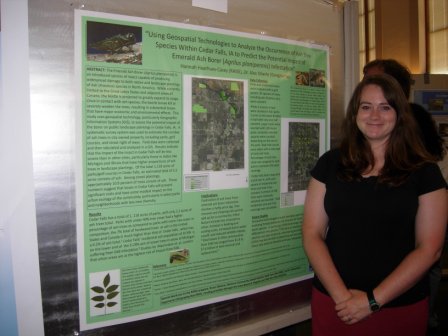
WHEN
An initial meeting takes place in late May--to be arranged. The six-week research time spans approximately mid-June to the end of July. However, individuals in consult with research hosts can adjust this calendar to suit their needs. Then, the entire team will meet once a week over the six weeks.
At the conclusion of the six weeks, all teacher-researchers will meet and share not only their research, but also ideas for translating it into school learning events. During the school year, science education faculty will work with teachers on implementation.
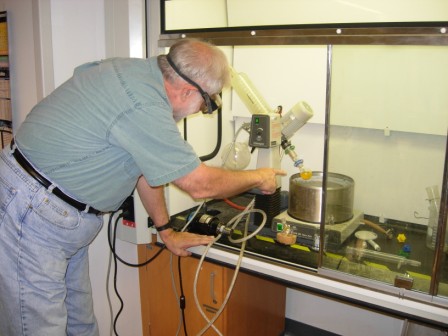
WHERE
At UNI. Teacher-researchers will spend their time in research labs, and of course, at the meetings described above.
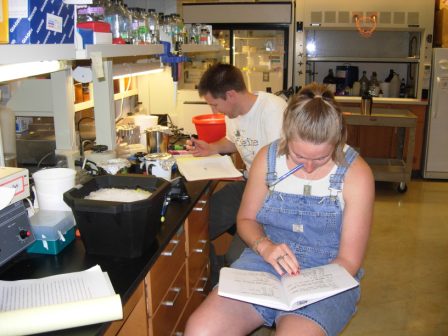
WHY
Science as a subject is both a body of content and a way of thinking/discovery. The NSES support not only strong content command but also strong inquiry skills for students. Teachers who enjoy authentic science research are better equipped for representing it to students as not only a collection of things known, but also as a way of knowing.
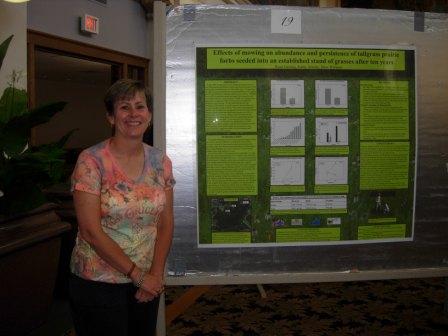
HOW
Upon completion of this program, the teacher-researcher will have:
- Over 250 hours of research and “think-tank” time to show for the effort;
- Some sort of learning event developed to translate the experience back to school;
- $3,300, at $110 per day for six weeks, plus lodging or commuting expense;
- $300 for classroom materials back home;
- The partnership of a UNI researcher and UNI science educators;
- Three graduate credits in science education at a substantial discount;
- Exciting new cutting edge knowledge in science research.
